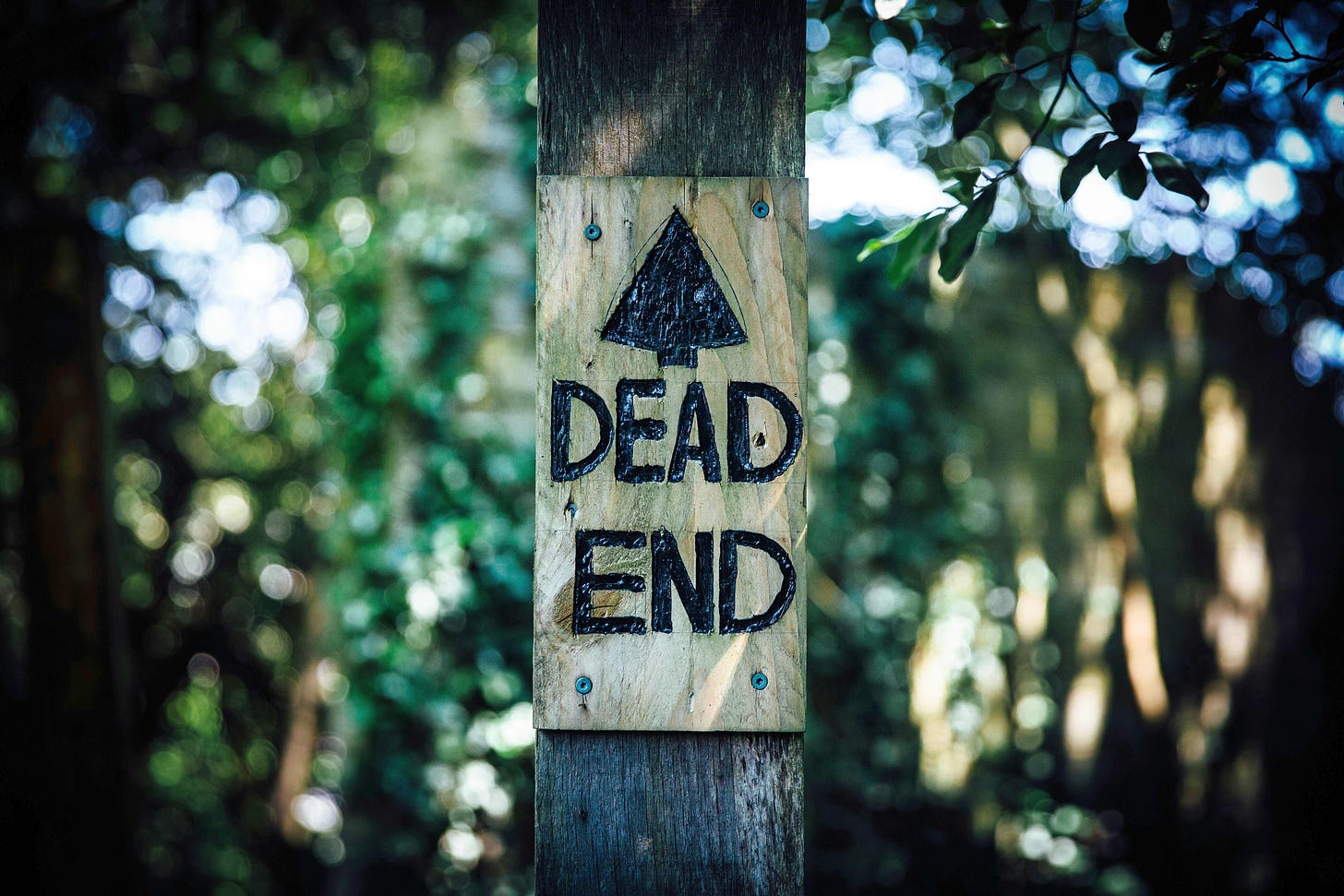Conservatism as a Dead-End: Why We Need to Be Traditionalists
Elevated by the Past: The Normative Role of Tradition in Life (Part 4)

In parts 1, 2, and 3, we have looked at why Catholicism is traditional, and why good tradition is a great good in human and Christian life. The fundamental reason is that man himself is a tradition-dependent rational animal, and so, in God’s Providence, the true Faith He reveals will elevate and purify this nature rather than canceling it out.
We see the power of supernatural Tradition and supernaturalized traditions when we look at the history of the great liturgical rites of Christendom, which are perceived, by healthy Christians, as their most precious inheritance, the preset framework of their lives on earth, the source of a robust communal identity that banishes loneliness.
Conservatism as a dead-end
Nowadays, there is one quasi-alternative to those who adhere in a principled way to tradition as a totality; that would be the so-called “conservative Catholics.” I say they are a quasi-alternative because, as I will show, their position has only a superficial likeness to the truth and crumbles into incoherence when closely scrutinized. They are, as it were, traditional in appearance, but not in substance.
The distinction between the conservative and traditional movements within the Church is that, for the former, tradition is purely conventional—worth hanging on to whenever possible, to be sure, but not intrinsically worthwhile and constitutive of human rationality and society. Conservatism is what’s left over when one has lost the battle for one’s culture: one holds on with a death-grip to favored externals, to sentimental moments, because the force of life has vanished.
That is why Catholic conservatism is often content to retain certain outward signs of Tradition (e.g., incense, Gregorian chant, and ad orientem) without fully embracing their inward realities. The traditionalist movement sees things quite differently: what matters most is the integrity of the Mass—that this liturgy be in vital continuity with the past in every step of its growth. The “smells and bells” enhance the experience and are, of course, part of the tradition; they are certainly fitting for the occasion; but they cannot substitute for the lack of traditional content in text, music, and rubric. As Martin Mosebach says, an old Latin Mass quietly offered in a garage has more authenticity—more spiritual density owing to its unbroken connection to the entire past of the Church—than a Novus Ordo Mass done up in a huge cathedral with a full orchestra.1
Keep reading with a 7-day free trial
Subscribe to Tradition and Sanity to keep reading this post and get 7 days of free access to the full post archives.




